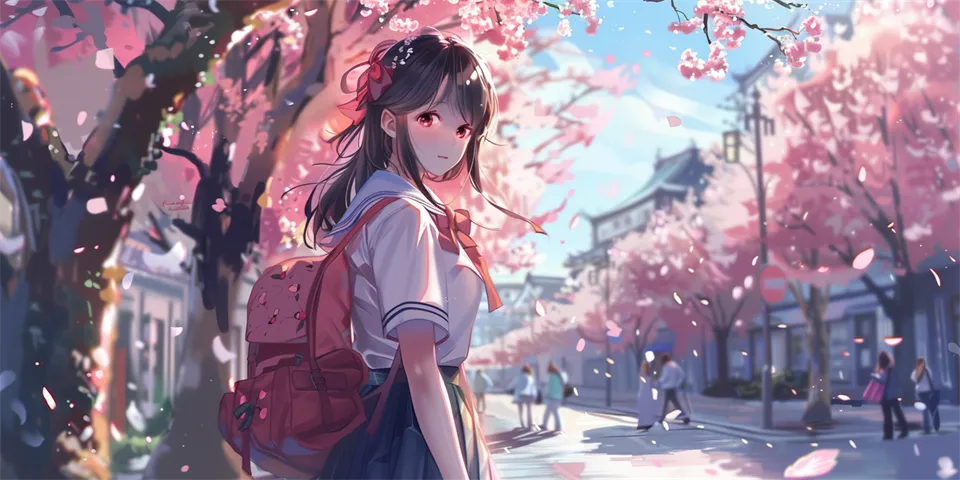A study in perspective fanfiction
Fanfiction, a literary genre propelled by the imposition of Internet culture, is more complex than one might initially perceive. The love, dedication, and ingenuity displayed in fanfiction are worthy of admiration and academic analysis. Here are eight facets of fanfiction, dissected to reveal their significance and impact on the world of literature.
1. The Psychology of Identity Formation Through Fanfiction
Fanfiction offers an avenue for individuals to explore their identities, particularly for those within the LGBTQ+ community. By interpreting and reimagining characters with diverse sexual orientations or gender identities, readers can compare, contrast, and empathize with these characters, allowing for a thorough exploration of their identities. This allows a nuanced understanding of diverse personhood.

Moreover, fanfiction encourages discussions about consent, healthy relationships, and understanding harmful stereotypes, shaping the young minds towards a more inclusive society.
2. Transformative Culture
Fanfiction forms part of an interactive transformative culture: fans transform the source material through active reinterpretation and reimagining. This culture nurtures creativity and the voicing of marginalized perspectives, fostering diversity in the literary realm.
This phenomenon also allows the critique, parody, or expansion of the original work that might not have been otherwise possible, showing the plurality of the narrative interpretations.
3. Platform Analysis
The most popular platform for publishing fanfiction is Archive of Our Own (AO3). It boasts abundant features that include indexing, tagging, and a straightforward user interface. Of great importance is its dedication to maintain a non-commercial and non-judgmental space for writers from all around the world.
Another notable platform is FanFiction.Net, which, though slightly less innovative and meticulous in its layout, has a large user base and variety of fictions. Wattpad, however, places fanfiction among other genres, providing an expanded audience but also causing less effectiveness in tagging and searching.
4. Healing through Fanfiction
Fanfiction provides an outlet for individuals to process personal traumas through the characters and narratives they already love. Here, the power of shaping narratives provides an emotional escape and psychological healing.
Additionally, fanfiction often involves a degree of catharsis, either in the plot of the story itself or in the act of writing. This catharsis, in turn, can help the author or reader find a clearer perspective on their issues, fostering mental health.
5. Building a Sense of Community
Fanfiction generates a sense of community among its authors and readers. Such communities allow for interactions and support, cultivating a sense of belonging that is crucial for individuals, especially those feeling marginalized or isolated in reality.
In this fan-based community, the sharing of ideas, feedback and debates on their favorite narrative elements, characters and novels happens in a safe space that promotes mutual respect and empathy.
6. Legal Issues
Fanfiction lives in a "grey zone" of intellectual property laws. It's important for fanfiction writers to understand and respect the legal parameters protecting original works. Typically, fanfiction is tolerated as long as it's not being sold, hence remaining under the umbrella of fair use.
However, some authors have expressly shown their discomfort with fanfiction of their work. But understanding that fanfiction is mostly a labor of love, and not usually a serious threat to the authors' intellectual property can foster harmonious coexistence.
7. Writing Styles and Skills
Many fanfiction authors cultivate their style and experiment with various literary devices, effectively honing their writing skills. The platform's cooperative vibe also facilitates constructive criticism and advice, fostering the improvement of the authors. For many writers, it acts as a stepping-stone into the world of professional writing and publishing.
Furthermore, fanfiction challenges the authorship power dynamic, democratizing the storytelling process.
8. Promotion of Original Source Material
While fanfiction is a derivative work, it also leads readers back to the original source material. It essentially serves advertisement for the original work, broadening its audience. This organic ripple effect helps the original creators, as long as copyright infringement is avoided.
Overall, fanfiction represents a democratizing force in literature: it redefines literature as a dynamic and collaborative enterprise, stimulating creativity and inclusivity within the world of storytelling.
Conclusion
Fanfiction is not merely a realm for leisure but a dynamic academic platform where various studies and discussions ensue. With more serious regard and understanding, fanfiction can pave the way to healthier discussions about sexuality, identity formation, transformative culture, healing, community-building, and copyright laws. It helps nurture nascent writers, promotes original content, and ultimately fosters a more inclusive literary culture.
Common Questions
1. Is it legal to write fanfiction?
Yes, it's usually seen as a freedom of expression, under the fair use doctrine in copyright law. However, this legal stance might vary across regions and situations, and fanfiction should ideally remain non-commercial.
2. Can one monetize fanfiction?
Monetizing fanfiction directly can lead to legal issues in certain cases. However, some fanfiction authors have managed to monetize their works by altering all identifiable characters and settings, thus creating an original work (e.g., "Fifty Shades of Grey").
3. How does fanfiction benefit new writers?
Writing fanfiction helps new writers practice their craft, experimenting with different styles, and receiving constructive feedback from a community of readers.
References
1. Larsen, K., & Zubernis, L. (2012). Fandom at the crossroads: Celebration, shame, and fan/producer relationships. Newcastle upon Tyne, UK: Cambridge Scholars.
2. Booth, P. (2015). Playing Fans: Negotiating Fandom and Media in the Digital Age. University of Iowa Press.
Explore your companion in WeMate